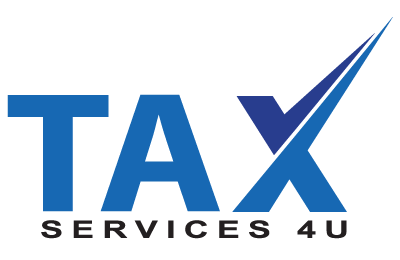How to Maximize Your Benefits

How to Maximize Your Benefits
Maximizing your tax benefits involves knowing and applying the right strategies. Learn about available tax deductions and credits, adjust your withholdings, and plan ahead. Here are some key strategies to ensure you are making the most of your tax benefits.
1. Learn About Tax Deductions and Credits
Research and stay informed about the tax deductions and credits available to you. Some common deductions and credits include:
- You can deduct the interest paid on your mortgage.
- Credits such as the American Opportunity Credit or the Lifetime Learning Credit can reduce your tax burden if you are paying for higher education.
- Certain medical and dental expenses may be deductible if they exceed a certain percentage of your income.
2. Adjust Your Withholdings
Adjusting your withholdings on the W-4 form can help ensure you are not overpaying taxes throughout the year. Review your withholdings, especially after significant life changes, such as marriage, the birth of a child, or a job change.
3. Take Advantage of Tax-Advantaged Savings Accounts
Consider contributing to tax-advantaged savings accounts, such as:
- Contributing to a traditional IRA can reduce your taxable income.
- If you have a high-deductible health plan, you can contribute to an HSA and use those funds to pay for qualified medical expenses without paying taxes on withdrawals.
4. Plan Your Year-End Expenses
Planning and accelerating some expenses at the end of the year can help you maximize your deductions. Consider making charitable donations, paying outstanding medical expenses, or prepaying mortgage interest before the fiscal year ends.
5. Keep Detailed Records
Keeping detailed records of all your expenses and receipts related to tax deductions is crucial. Use accounting software or apps to ensure you are properly documenting all deductible expenses.
6. Consult a Tax Professional
A tax professional can offer you personalized advice based on your financial situation. They can identify deductions and credits you might have overlooked and help you plan strategically to reduce your tax burden.
7. Review and Adjust Your Strategy Annually
Tax laws can change, and it is important to review and adjust your tax strategy annually. Stay informed about any changes in tax legislation and how they might affect you, and adjust your plans accordingly.
Other Services
Do You Need Help With Your Personal Taxes?
Free Consultation


Who Does Your Taxes Is Crucial
We guarantee trust, security, convenience, and savings.
We Simplify Your Tax Process
Initial Consultation
We review your financial situation and gather the necessary information to understand your needs and goals.
Preparation and Analysis
We prepare and analyze your financial documents, identifying opportunities for savings and tax optimization.
Peace of Mind and Results
We implement the agreed strategies, allowing you to enjoy the peace of mind that comes with optimized and well-managed finances.
Tax Services 4U by the Numbers.
Years of Experience
Satisfied Clients
Answers to Your Common Questions
In this section, you will find detailed answers to the most common questions about our tax and financial services. Our goal is to provide you with the information you need to feel confident and well-informed about how we can help you manage and optimize your finances. If you have any other questions, please don’t hesitate to contact us.
To prepare your taxes, you will need documents such as W-2s, 1099s, receipts for deductible expenses, additional income information, and forms related to investments or properties. Consult with one of our tax advisors.
The deadline for filing federal taxes in the United States is generally April 15th. However, this can vary if that date falls on a weekend or holiday. Check the IRS website for the exact date each year.
Yes, you can deduct medical expenses that exceed 7.5% of your adjusted gross income. This includes payments to doctors, hospitals, medications, and other qualified medical services. Consult with your tax advisor to determine if your expenses qualify.
To maximize your tax refund, make sure to take advantage of all available deductions and tax credits, such as education credits, medical expenses, and retirement contributions. A tax advisor can help you identify all opportunities to maximize your refund.
If you cannot pay your taxes on time, you should file your return by the deadline to avoid late filing penalties. You can request a payment plan from the IRS to spread your tax debt into manageable monthly payments.
Selling a property can have significant tax implications. You may be subject to capital gains taxes. However, there are exclusions for the sale of a primary residence if you meet certain requirements. Consult with your tax advisor to understand how the sale will affect your tax situation.
